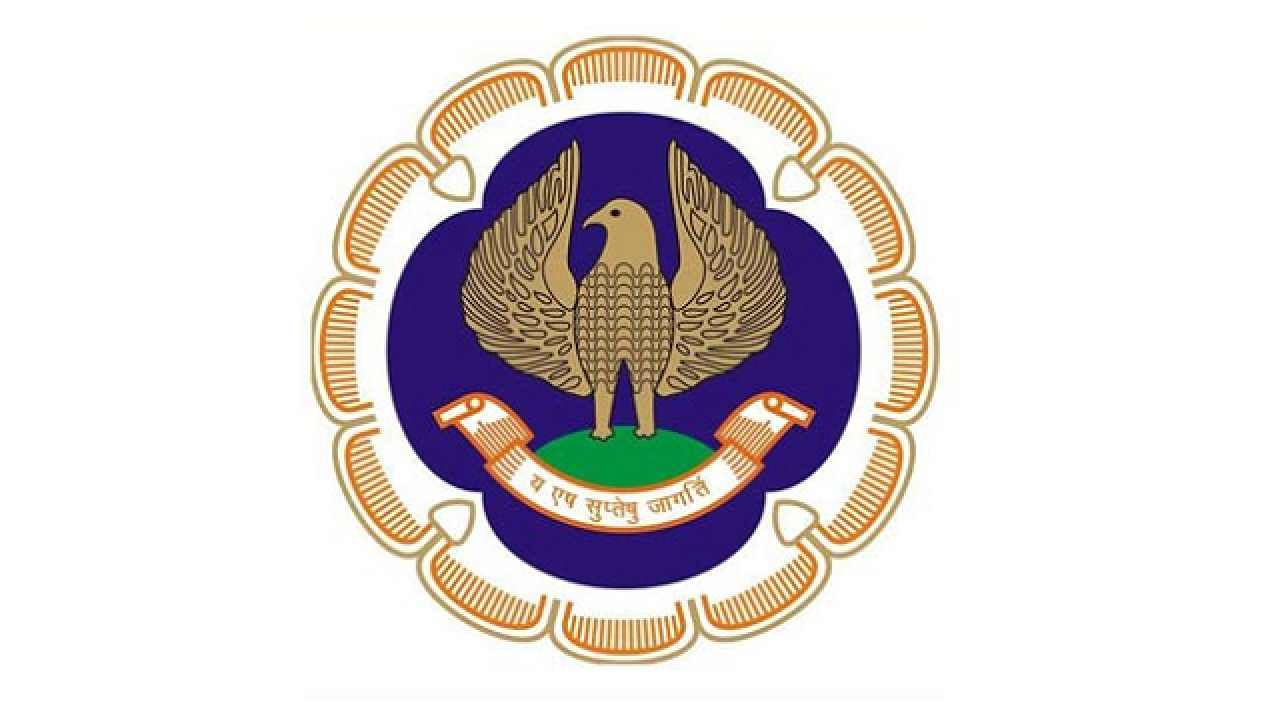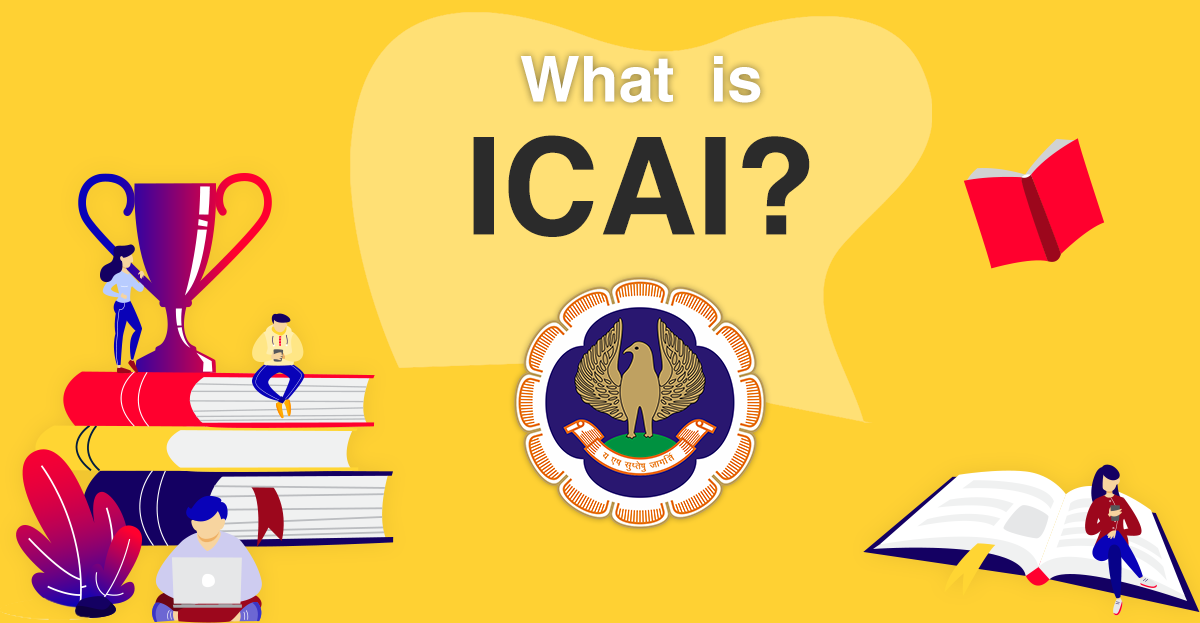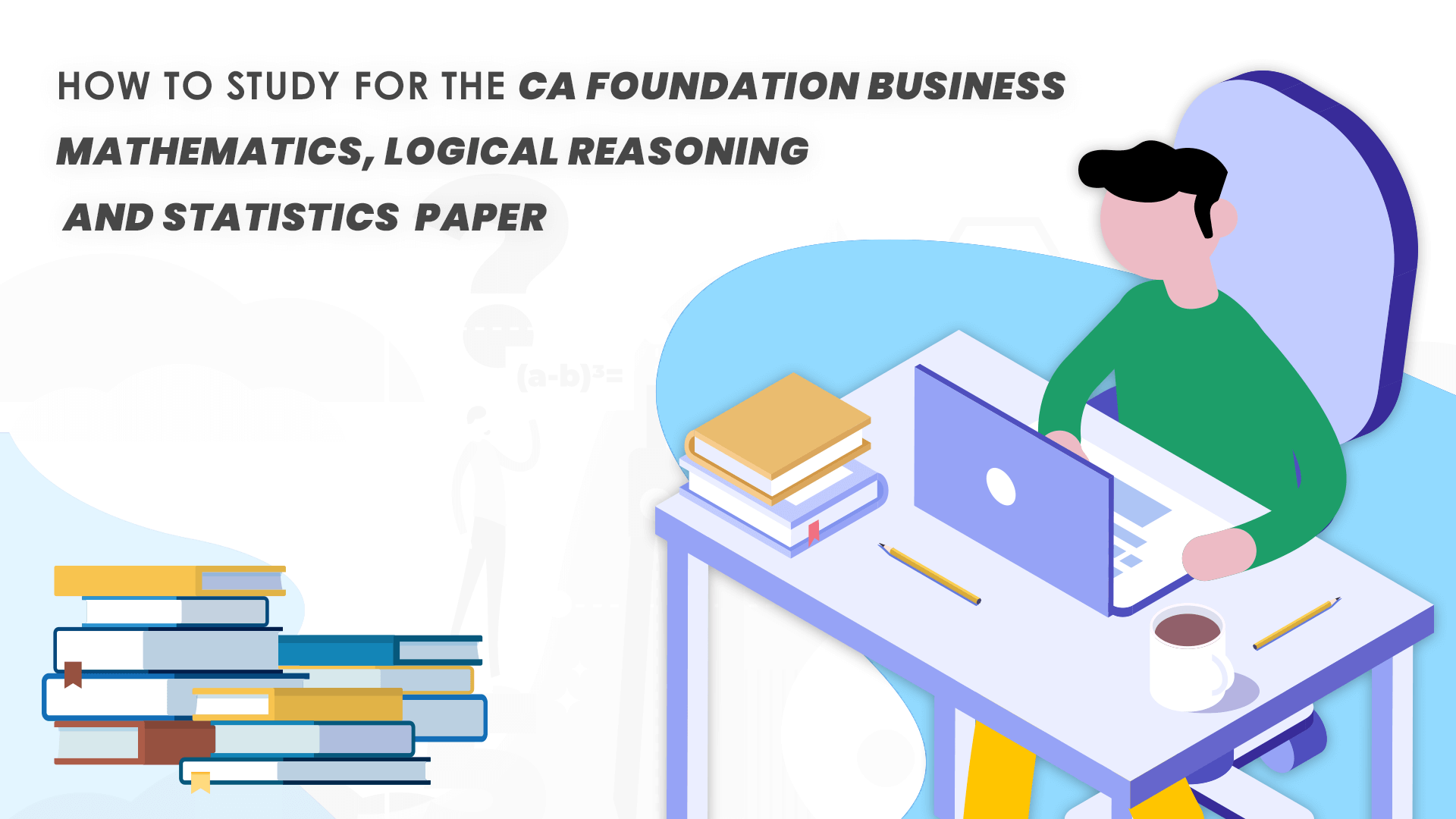The ICAI or the Institute of Chartered Accountants of India is the country’s professional accounting body. According to ICAI’s website, the ICAI was formed as “a statutory body established by an Act of Parliament, viz. The Chartered Accountants Act, 1949 (Act No.XXXVIII of 1949) for regulating the profession of Chartered Accountancy in the country.” In fact, 1st July, 1949, the date of its formation is now celebrated as Chartered Accountant’s Day in India!
ICAI, its responsibilities and Function
ICAI has many responsibilities under its purview. As a matter of fact, it is the only licensing and regulating body of the financial audit and accountancy profession in India. A distinction of the ICAI is that it is the second largest such body in the world after the American Institute of Certified Public Accountants.
Its headquarters is at New Delhi. In addition, it has five regional councils located in Mumbai, Chennai, Kolkata, Kanpur and New Delhi. It also has 164 branches spread all over the country. Finally, it has 33 chapters based out of India and an overseas office in Dubai.
As you can see, it has both a National and International presence!
Mission, Motto and Emblem
The mission of the ICAI, as stated is:

The motto of the ICAI is a Sanskrit quotation from the Upanishads:

The emblem is the mythical eagle Garuda with the motto and eagle are placed in the centre thus:

Responsibilities of the ICAI
As we stated earlier, the ICAI has many roles and responsibilities. As stated by their own website, ICAI’s role is to:
- Regulate the Profession of Accountancy
- Provide Education and Examination of Chartered Accountancy
- Exercise Disciplinary Jurisdiction
- Give Input on Policy matters to Government
- Ensure Standards of performance of Members
- Formulate Accounting Standards
- Lay down Ethical Standards
- Provide Continuing Professional Education
- Write out Financial Report Reviews
- Monitor Quality through Peer Review
- Conduct Post Qualification Courses
- Prescription of Standard Auditing Procedures
As a result of ICAI’s excellent track record in carrying out these responsibilities, the Government of India recognises it as a partner in nation building.
In this context as a key national body, the ICAI offers inputs to:
- The Comptroller & Auditor General of India
- The Ministry of Corporate Affairs, Government of India
- The Reserve Bank of India
- The Securities and Exchange Board of India
- The Central Board of Direct Taxes
- The Insurance Regulatory and Development Authority
- The Departments of Central and State Governments
- The Departments of Public Enterprises
In addition, the ICAI is well respected Internationally. In fact, the ICAI has signed MoUs, MRAs and Joint Declarations with foreign accounting bodies to facilitate (and sometimes enable!) its members to register as an associate member of these bodies.
About the Members of the ICAI
To become a member of the ICAI, you’ll have to go through rigorous training and pass three levels of examination: the CA Foundation Exam, CA Intermediate Exam and CA Final Exam. If you want details of what it takes to become a member, check our post on how to become an outstanding chartered accountant in India. You should know that you could skip the CA Foundation Exam if you meet certain eligibility requirements. You should also know that there is a sizeable membership and student base. As of 2018, there are 265K+ members spread around the country and different parts of the world. Also, there are about 821K students enrolled in the Chartered Accountancy Course. Quite a large student and membership base, as you can see!
Once you become a member of the Institute, you’ll gain a designation of Chartered Accountant (CA). You are entitled to then use the title CA before your name.
Depending on your experience level, you may either be known as an Associate Chartered Accountant (A.C.A) or a Fellow Chartered Accountant (F.C.A.) If you have less than 5 years’ experience, you are an A.C.A.; otherwise you can apply to become a Fellow Member of ICAI.
Additionally, you can use a separate CA logo on your official correspondence and stationery if you so wish:

Note that you cannot use the emblem of ICAI for any official purpose.
As a member, both associate and fellow, you’ll be bound by a code of ethics and professional standards. If you violate this code of ethics, you’ll undergo disciplinary action. Depending on the seriousness of the violation, your membership may even be suspended! Members found guilty of professional or other misconduct are published in a list periodically.
ICAI Overseas and its International Affiliations
The ICAI has 33 chapters abroad. In the Middle East itself, there are 8(!). ICAI is also affiliated with various international bodies. In fact, it’s a founder member of the International Federation of Accountants, South Asian Federation of Accountants, Confederation of Asian and Pacific Accountants and International Innovation Network. It’s an associate member of the Chartered Accountants Worldwide and Member of International Valuation Standards Council.
Also, as we mentioned earlier, the ICAI has signed MoUs, MRAs and Joint Declarations with foreign accounting bodies.
Management of the ICAI
ICAI is managed by a Council. The Council consists of 40 members, 8 of which are nominated by the Central government. The remaining 32 members are elected to the council by other members of the Institute. The ICAI holds this election every three years. The council is headed by a President whois chosen from among the council members. The term of the President is limited to one year. Traditionally, the vice president of the previous year is elevated to the position of president. For the year 2018-2019, the president of the ICAI is Naveen ND Gupta.




